The No.1 of Hemp Industry in Nepal ; Sustainable Clothing
| Blog Post on Hemp Industry in Nepal | By wecareearth.com |
Have you ever wondered about the future of sustainable fashion and eco-friendly materials? In Nepal, a man named Ganesh Aidee has been quietly championing this cause for over 26 years!

Hemp Product Manufacturer in Nepal
Ganesh’s journey with hemp began in his childhood home of Bajhang Sinikot, a remote village nestled in the western Himalayas. Growing up at an altitude of 2440ft, surrounded by the natural beauty of Nepal, Ganesh first experienced the comfort and durability of hemp clothing at a young age. This early encounter sparked a passion for this versatile plant, and even back then, Ganesh dreamt of one day creating his own hemp-based products.
Fast forward to today, Ganesh is a leading figure in Nepal’s burgeoning hemp industry. His Kathmandu-based business, Forestry Hemp Bag Udhyog, boasts an impressive collection of over 2500 unique hemp and Alno (another natural fiber) products. This success story is a testament to Ganesh’s unwavering dedication, especially considering the challenges he’s faced along the way.
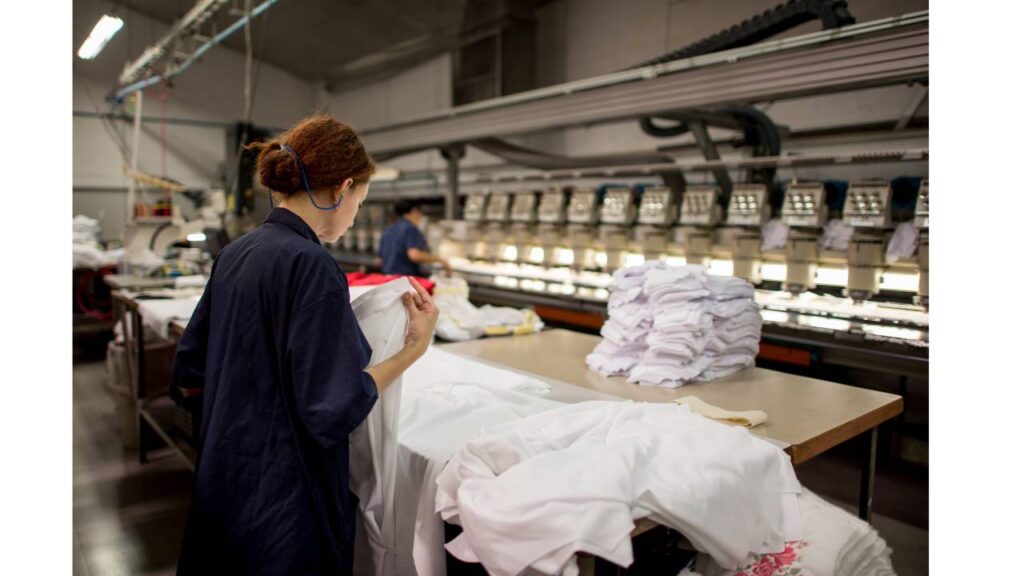
Ganesh openly discusses the ups and downs he’s encountered in hemp industry in Nepal, navigating societal perceptions and evolving government regulations regarding hemp production and trade. Despite these hurdles, his commitment to sustainability and creating high-quality products has seen him achieve remarkable things. Ganesh’s contributions have been recognized by the Nepalese government with three prestigious awards and certificates.
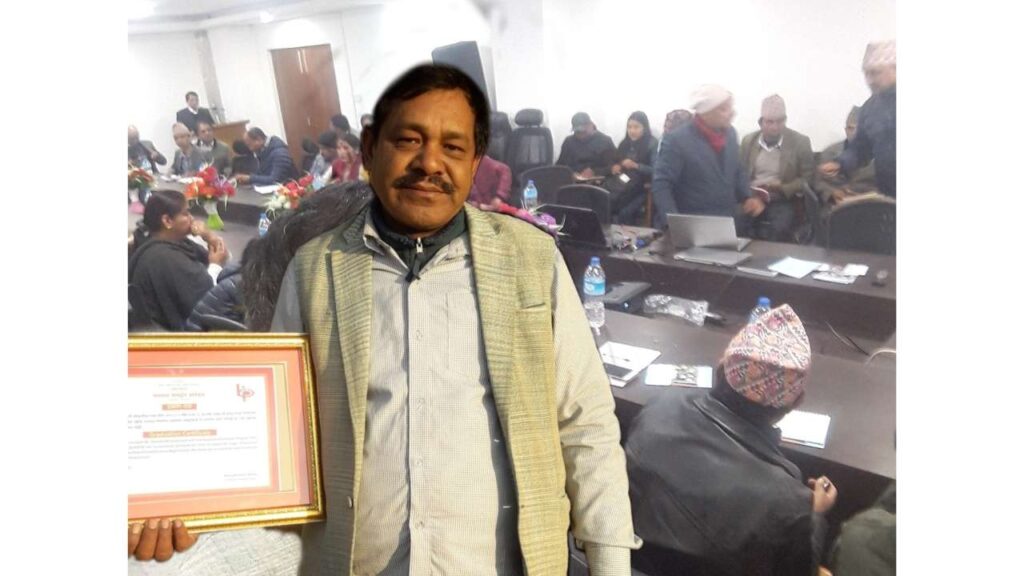
But Ganesh’s impact extends far beyond personal accolades. His three factories, located throughout Nepal, are a source of livelihood for many. Interestingly, around 95% of his workforce are women, primarily from the rural areas where hemp cultivation flourishes. This focus on empowering women and fostering local economies adds another layer of positive impact to Ganesh’s work.
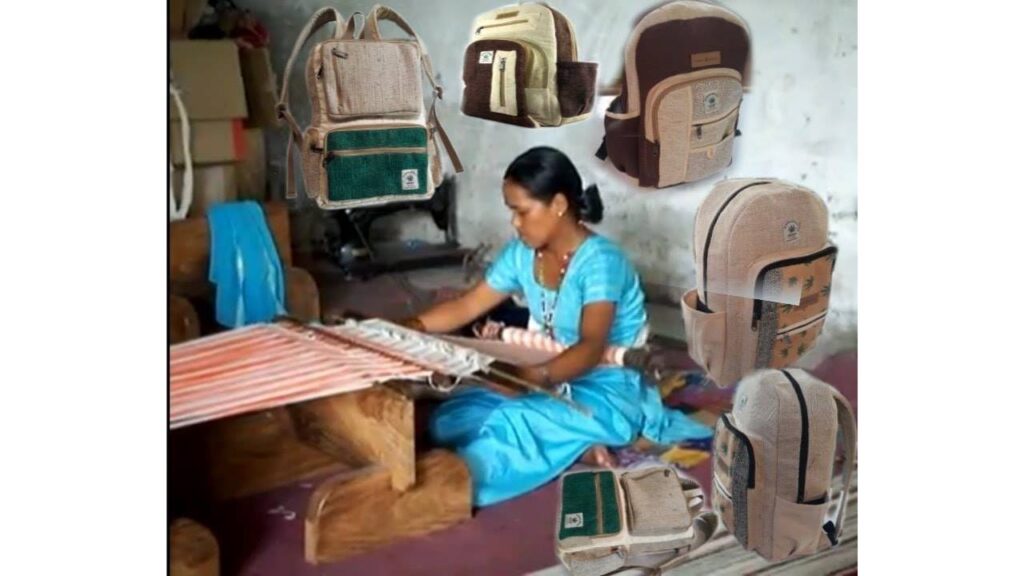
With a network spanning 51 legal hemp production district across Nepal, Ganesh sources his raw materials responsibly, ensuring a sustainable and ethical supply chain. His dedication to quality and fair practices has resulted in a thriving business, generating an annual turnover of approximately 3 crores (around $300,000 USD) with export to 70+ countries.
Ganesh Aidee’s story is more than just a successful business venture. It’s a power of perseverance, a commitment to sustainability, and the potential of hemp to revolutionize the future of fashion and eco-conscious living in Nepal. As we go deeper into the world of hemp in Nepal, Ganesh’s story serves as an inspiring introduction to this exciting and rapidly growing industry.
In This Success Story :-
The Relation between Hemp & Nepal
Hey viewers, Have you ever wondered why some hemp products have amazing health benefits while others focus on being eco-friendly and durable? It all boils down to the fascinating world of THC and CBD in the hemp plant, and here in Nepal, things get even more interesting!
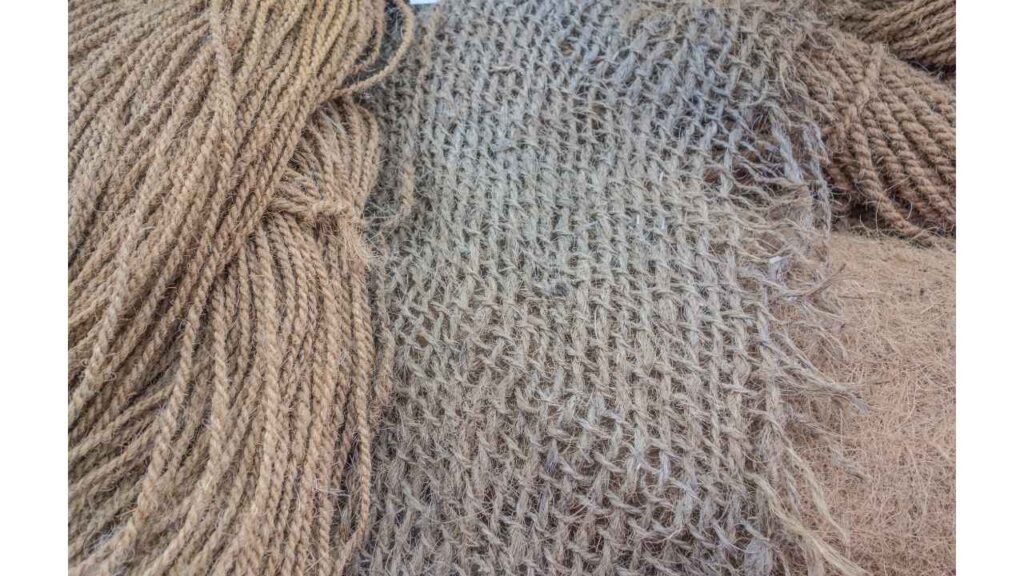
The impact of altitude in THC level
Hemp plants in Nepal, though technically low in THC compared to marijuana, can still surprise you. The magic number seems to be around 1100 meters above sea level. Below that altitude, the THC content can reach around 7% in the flowers. However, as you climb higher (between 1600-2800 meters), the story changes. The plants take longer to mature (think 6 months compared to 90 days!), and the THC level dips.
Here’s a cool fact: While doing an interview with Ganesh, He shares that even within the same altitude, the THC and CBD levels can vary. The direction a field faces (east, west, north, south) seems to play a role!
High THC and Nepal Hemp Industry
Now, hold on a minute! Didn’t we just say higher THC means more medicinal benefits? That’s true for marijuana, but in Nepal, industrial hemp is the star. This type of hemp has practically no THC, making it perfect for eco-friendly products like clothing, rope, and even building materials.
So, how do they achieve this? The clever folks here remove the flower section, the part with the THC, before processing the rest of the plant. This allows Nepal to boast a whopping 447 operational hemp factories, churning out sustainable and high-quality goods!
Hurdles of Regulation and Taxation in Nepal
Hemp industry in Nepal – Hemp cultivation itself is legal in Nepal, falling under the category of medicinal herbs rather than narcotics. This is a crucial distinction, as it allows for regulated production and trade. Producers pay taxes on their hemp harvests, with rates varying depending on the type of raw material: approximately NRs 20 per kilo for seeds, NRs 5 per kilo for the fibrous stalk (called “Resa”), and NRs 2 per kilo for the steamed stalks used for fiber extraction.
Export Potential in Nepal
The Nepalese hemp industry boasts a significant export market. Raw hemp materials are exported to the tune of around NRs 2 Arba 83 Crore (approximately $28.3 million USD) annually. This highlights the growing global demand for sustainable and versatile hemp products.
Clearing Up Confusion : Hemp vs Marijuana
Hemp and marijuana plants belong to the same species, but they are legally distinguished by their THC content. Hemp is classified as a cannabis plant with 0.3 percent or less THC, whereas marijuana contains more than 0.3 percent THC. Both hemp and marijuana plants can be a source of CBD.
Ganesh emphasizes a key point ; There’s a difference between hemp and marijuana. Hemp, the focus of his business, is not psychoactive and contains negligible amounts of THC, the psychoactive compound found in marijuana. Ganesh’s products, like many hemp-based items, are derived from the stalks and stems of the plant, not the flowers or fruits.
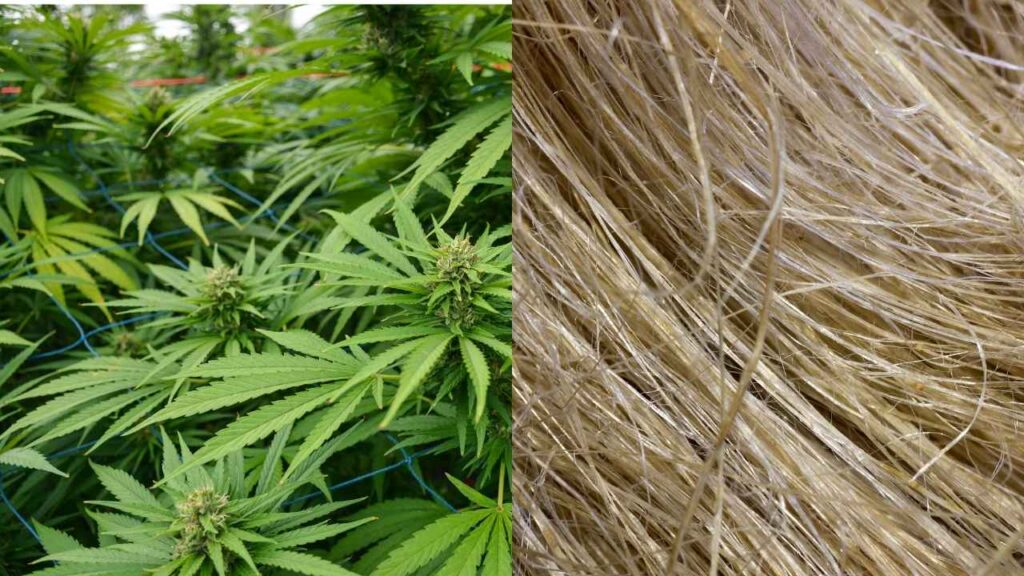
THC Content
As mentioned above Hemp Contains very low levels of THC (typically less than 0.3%). This minimal amount is not enough to produce any psychoactive effects.
Marijuana Bred specifically for high THC content, ranging from 5% to 30% or even higher. THC is the primary psychoactive compound responsible for the “high” associated with marijuana use.
Plants Parts Used
Hemp focuses on the stalks and stems of the plant. These parts are rich in fiber, ideal for creating textiles, ropes, and other industrial products.
Marijuana primarily uses the flowers and buds of the plant. These flower clusters contain the highest concentration of THC and other cannabinoids.
Reason for cultivation
Hemp are grown for for its strong fibers and requires specific cultivation methods to minimize THC production. Farmers may use special seeds and planting techniques to ensure the plants remain low in THC.
Marijuana are cultivated to maximize THC content, often grown indoors under controlled conditions to optimize potency.
Different Uses of Hemp & Marijuana
Hemp is a versatile plant that can be used in various ways. One of its applications is in the textile industry, where hemp fibers are used to make long-lasting and comfortable clothing, shoes, bags, and other apparel items.
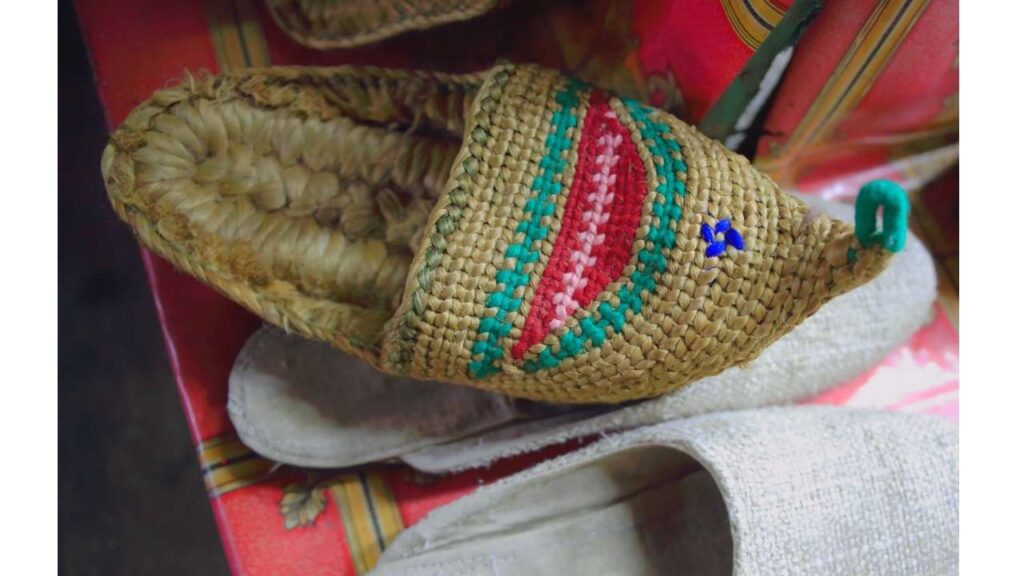
Additionally, hemp fibers can also be utilized in the construction field as building materials, thanks to their strength and insulating properties. Another benefit of hemp is its potential as a sustainable alternative to fossil fuels, as it can be processed into biofuels.
Moreover, hemp seeds are a great source of protein and healthy fats, making them a popular ingredient in different food products. Lastly, ongoing research is exploring the potential therapeutic benefits of hemp compounds for various health conditions, which could open up new possibilities in the medical field.
BUT Marijuana is commonly used as a recreational drug because it has mind-altering effects on the brain.

It is known for its ability to produce a sense of euphoria and relaxation. However, it is important to note that some countries have taken a different approach and legalized marijuana for medical purposes. This means that it can be prescribed by doctors to treat certain medical conditions. By legalizing marijuana for medical use, these countries recognize its potential benefits in alleviating symptoms and improving the quality of life for patients with specific conditions.
Finding Success in the Digital Age
In today’s world, social media plays a crucial role in marketing and reaching customers. Ganesh leverages platforms like Facebook and WhatsApp to connect with potential buyers, showcasing his products and the story behind his business. He has gained around 50000+ followers in Facebook.
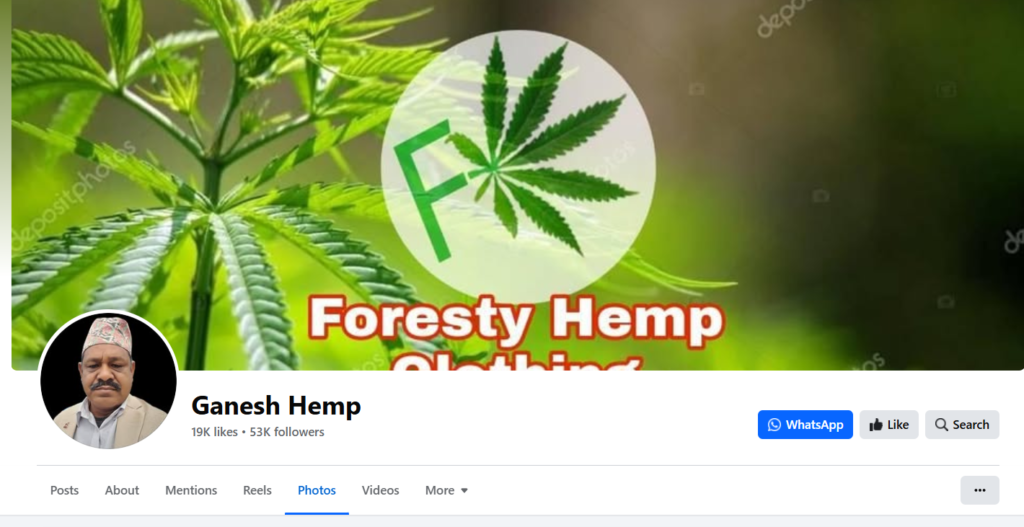
This digital approach has been particularly successful in attracting foreign clients interested in high-quality Nepalese hemp products. Ganesh began his social media marketing efforts in 2017, and it has become a major driver of sales growth.
However, the recent ban on TikTok in Nepal has presented a challenge. Ganesh reports a significant drop in sales (around 75%) within the domestic market following the ban. This highlights the potential impact of social media regulations on businesses that rely heavily on these platforms.
On a positive note, Ganesh emphasizes the increasing adoption of online banking in Nepal. Around 90% of his online transactions are conducted electronically, which translates to a good source of tax revenue for the government. This cashless system not only promotes transparency but also provides a secure and convenient way for customers to make purchases.
A Look Ahead on Hemp Clothing
Ganesh Aidee’s story paints a vivid picture of Nepal’s burgeoning hemp industry. With a focus on sustainability, ethical practices, and empowering local communities, his business is a model for future growth. As we move forward, the responsible cultivation and processing of hemp offer exciting possibilities for Nepal’s economy and its position in the global market for eco-friendly products.
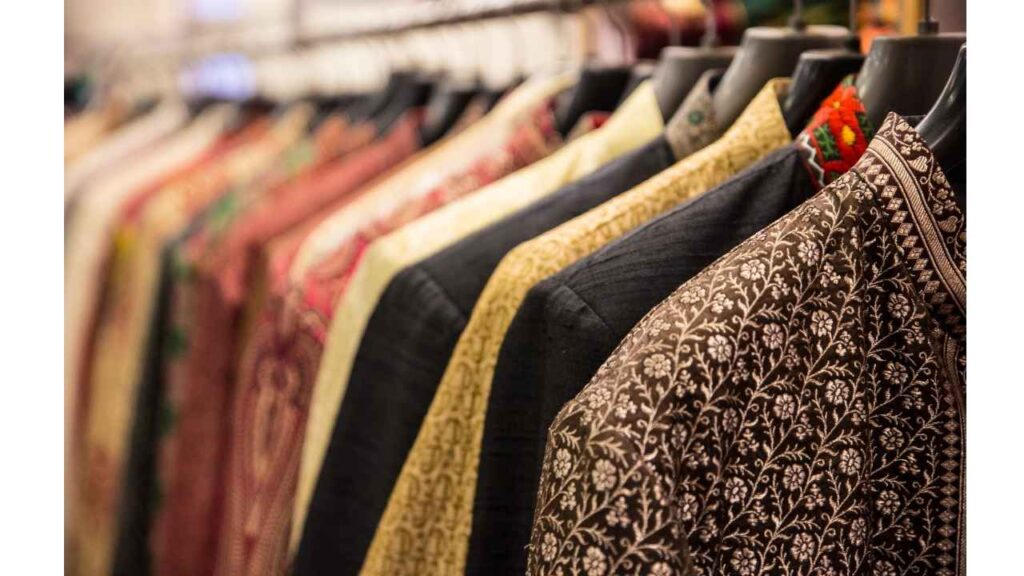

The Attraction of Hemp Clothing
Among Ganesh’s vast array of 2500+ products, hemp clothing reigns supreme in terms of popularity. But what exactly draws people to wear hemp garments? Ganesh identifies two main customer segments:
- The Knowledge Seekers: These customers are aware of the numerous benefits associated with hemp clothing. They understand its sustainability, durability, and comfort properties.
- The Curious Experimenters: This group is intrigued by the buzz around hemp and wants to try it out for themselves, seeking a unique and eco-friendly clothing experience.
Hemp, Beyond The Fabric
Hemp’s allure extends beyond the realm of fashion. It carries a historical and cultural significance that adds another layer of intrigue. Ganesh mentions a fascinating concept he terms the “three mysteries” of hemp:
Spiritual Mystery
Ancient texts like the Shiva Purana and Bedh scriptures, along with Ayurvedic traditions, revere hemp as the “king of 5000 plants.” From its deep roots to its flowering tops, every part of the hemp plant finds use in Ayurvedic medicine. However, in Nepal, there’s also a lingering fear associated with hemp, likely stemming from confusion with its psychoactive cousin, marijuana. Ganesh emphasizes this crucial distinction: hemp is not narcotic and poses no health risks when used in clothing or other non-consumable products. The World Health Organization (WHO) even classifies hemp as a medicinal herb, further solidifying its safe and beneficial properties.
Social Mystery
The social perception of hemp can be complex. While some embrace its sustainable and practical qualities, others might harbor unfounded anxieties due to misconceptions. Education and open dialogue are crucial to dispel these myths and promote the responsible use of hemp.
Health Mystery
Hemp’s potential health benefits are a subject of ongoing research. While Ganesh’s business focuses on non-consumable products, it’s important to note the distinction between responsible use and potential harm. Consuming hemp directly, especially when combined with nicotine, can lead to addiction and health problems.
Benefits Of Wearing Hem Clothing
The reasons why people choose hemp clothes are numerous:
Skin Friendly
Hemp’s natural antibacterial properties make it ideal for those with sensitive skin. It acts as a protective barrier, reducing irritation and discomfort.
Temperature Regulation
Hemp clothing offers year-round comfort. It breathes well in hot weather and provides natural insulation in cold climates, keeping you cool or warm as needed.
Durability
Hemp fibers are incredibly strong, even surpassing other natural fabrics like cotton in terms of sturdiness. Hemp garments are built to last, offering exceptional value for money.
Sustainable Choice
Hemp is a fast-growing crop with minimal environmental impact. It requires less water and resources compared to cotton, making it a champion of eco-friendly fashion.
Distinct Style
Hemp clothing boasts a unique texture and subtle aroma that sets it apart from other fabrics. This adds a touch of individuality to your wardrobe.
Global Appeal and Bright Future
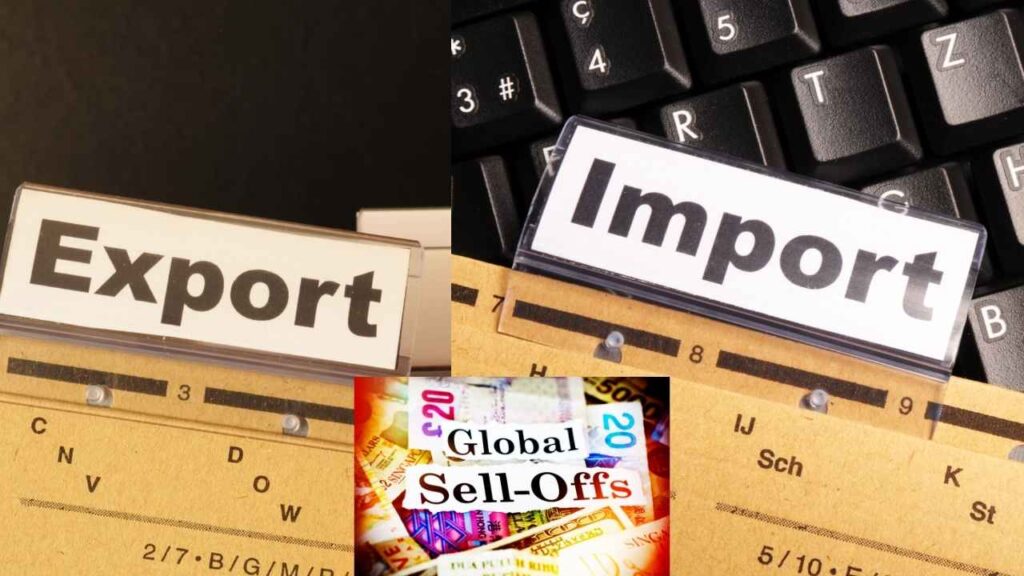
Ganesh highlights an interesting trend: countries with higher literacy rates and colder climates tend to have a stronger demand for hemp products. This suggests a growing awareness of the benefits and suitability of hemp clothing. His extensive product line encompasses everything from footwear and accessories to hats and homeware, demonstrating the versatility of this remarkable plant.
The ease of exporting THC-free hemp products opens doors to global markets. With its low startup costs and high market potential, the Nepalese hemp industry holds immense promise for the future.
Ganesh Vision’s for Hemp Industry in Nepal
Ganesh’s vision for the next five years is ambitious and inspiring. He aims to significantly increase the production and marketing of hemp products. His plan involves expanding his business and inspiring others to join the hemp revolution. His ultimate dream? To see one out of every 200 people in Nepal become a hemp entrepreneur. By fostering a culture of responsible hemp cultivation, production, and consumption, Ganesh envisions a brighter future for Nepal’s economy and its role in the global market for sustainable and eco-friendly products.
Ganesh Aidee’s story is more than just a business success story. It’s a testament to the power of passion, perseverance, and a commitment to a sustainable future. As Nepal’s hemp industry continues to flourish, Ganesh serves as a pioneer, paving the way for a greener and more prosperous tomorrow.
Conclusion
Hemp industry in Nepal is blossoming, and Ganesh Aidee is a leading figure in this exciting growth. His dedication to sustainability and ethical practices paves the way for a greener future. With hemp’s potential for fashion, construction, and more, Nepal has the opportunity to become a leader in the global market for eco-friendly products. Ganesh’s story is an inspiration, reminding us that passion and perseverance can truly change the world.
Do you love learning about ways to live a greener life? We’re all about promoting sustainability and eco-friendly choices at We Care Earth! Our blog is packed with articles on everything from amazing green brands to tips for sustainable living, climate change awareness, and even creating your own eco-friendly garden. Come visit us and see how you can make a positive impact on the planet!

One Comment